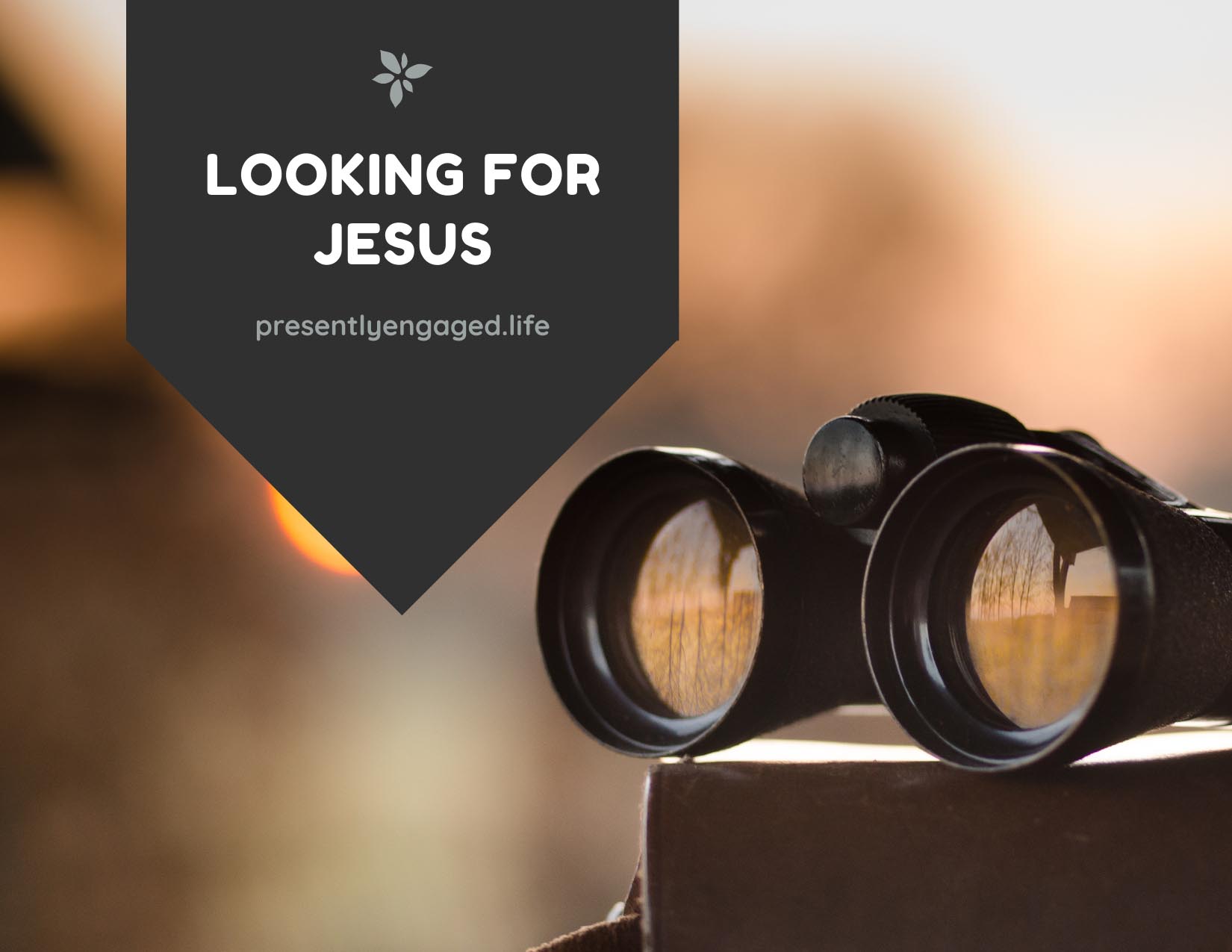After the shepherds went back to their flocks, after the last reverberations of the song of the angels faded away, after Mary and Joseph removed their precious cargo from the manger and found the next place that they would call home, after Anna began to tell all who would listen that their redemption was near: curious visitors arrived looking for Jesus.
They are called “wise men” in some texts. Another refers to them as magi. Yet another calls them kings.
Shrouded in tradition and mystery, let’s set aside things we’ve heard about the wise men and simply read what the text says:
“Now after Jesus was born in Bethlehem of Judea in the days of Herod the king, behold, wise men from the east came to Jerusalem, saying ‘Where is he who has been born king of the Jews? For we saw his star when it rose and have come to worship him.” (Matthew 2:1-2)
So foreigners arrive in Jerusalem inquiring about a king so powerful that a star announces his birth. All Jerusalem hears the news. In answer to their searching, the religious experts reveal that yes, there is actually a great prophecy that supports their hunt. All the chief priests and scribes assemble to parse the news: a star has appeared.
The chief priests held the promise in the pages of their Scriptures. They knew it well enough to point to it when Herod wanted to know where the Christ was to be born:
“And you, O Bethlehem, in the land of Judah, are by no means least among the rulers of Judah; for from you shall come a ruler who will shepherd my people Israel.”
A ruler would come. A shepherd would rescue.
If this had been a Disney movie, mystical wise men would have arrived in the capital city with the accouterments of a long journey jangling alongside their camels. Of course there would be three, because tradition. Distinguished, handsome, and well-spoken, they would embark on a search throughout Jerusalem, asking everyone everywhere where they could find the King of the Jews. One of them would fall in love with a fair maiden. She would seem like a damsel in distress at first glance, but she would reveal herself as creative and curious. The magi specialize in navigating by stars, and she would happen to be great at terrestrial landmarks. Together, they would combine their skills and passions, while rescuing a mistreated dog and sharing some of their gold with a widow that gave them shelter for the night.
The entire city becomes aware of their search for a new King. Herod, the current king, starts to do his own research. He assembles all those who study such things, and they tell him of a great prophecy: a mighty ruler would be born in the tiny town of Bethlehem.
News travels through the entire city like lightning. The shopkeeper whispers to the housewife, the housewife tells the farmer, the farmer confides in the soldier. When morning comes, the travelers pack their things and prepare to set out for Bethlehem. The one man’s new girlfriend comes too, along with the dog who has become their mascot and traveling companion. As they set out, the entire city gathers to watch.
Tension builds. The wise men walk through the city in silence. All who met them and heard of them watch from the windows, the market stalls, and the side of the main road. Herod glowers through the window of his dark room. Suddenly, one little boy grabs the hand of a kind wise man. He whispers, “I want to see the King too!”
One by one, citizens and chief priests alike join the crowd of pilgrims. They’ve heard of this Messiah—this Ruler—this Shepherd all their lives. They are absolutely not going to miss the chance to find out more. Could it be true? Could this be the fulfillment of the prophecy? They have to see it for themselves.
The music swells. The cellos and brass crescendo. The camera pans the crowd, then zooms in on the three wise men who started it all by having the crazy idea that a star in the sky meant a new King had been born in a faraway land. They look to the sky, on their way to the King, and the camera pans to the star in the sky, shining away.
But this is not a Disney movie. As far as we know, a group of wise men entered Jerusalem looking for a new King. And only a group of wise men left the city, on their way to Bethlehem. If the magi had come to your town, would you have gone with them to search for the Christ?
And what of the chief priests and scribes? What of those who had heard and studied Scripture their whole lives? Those who had studied prophecies about the Messiah all their lives did not go to the Messiah when His star appeared. What would you have done?
God’s promise through the prophet Jeremiah extended to these searchers from the East, even if they had never heard it: “You will seek me and find me, when you seek me with all your heart. I will be found by you, declares the LORD” (Jeremiah 29:13-14a).
This is your promise as well. It is my promise. It is the promise extended to every human on this glorious earth of ours: God responds to seekers and searchers.
If you are searching for God, if you are looking for Him in the midst of your hard, if you haven’t yet discovered where He is at work but are committed to seeking that out, take heart: God loves the searcher.
2 Chronicles 15:2 records a great promise and a great warning: “The LORD is with you while you are with him. If you seek him, he will be found by you, but if you forsake him, he will forsake you.”
Rather than our hypothetical fairy-tale ending, we have the truth recorded in Scripture: Those searching for Him did indeed find Jesus. The wise men presented their kingly gifts of gold, frankincense, and myrrh. They “rejoiced exceedingly with great joy.” Every single person in Jerusalem who heard the news of a King and chose not to search it out missed the opportunity to see the King.
Instead, years later, the King would come to them Himself. But that’s another Story.
There has yet to be an event or invention in history that is unredeemable and has not been used for the glory of God and the redemption of His people.
—Peter Pallock






